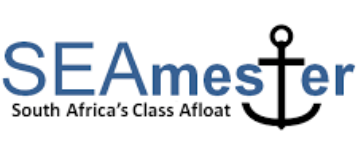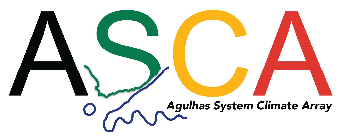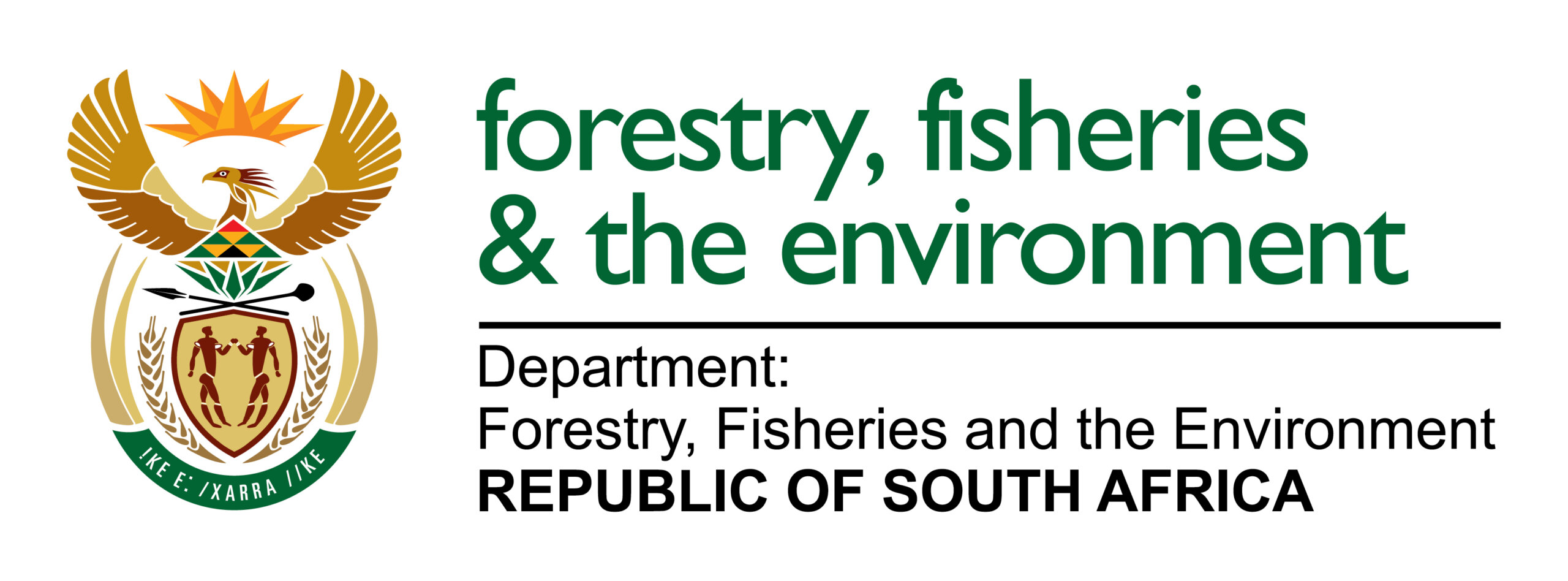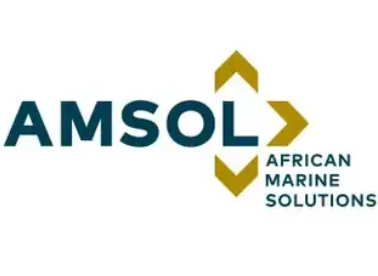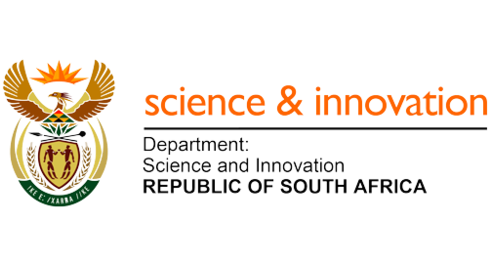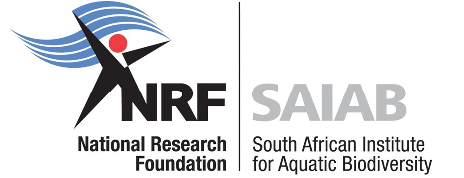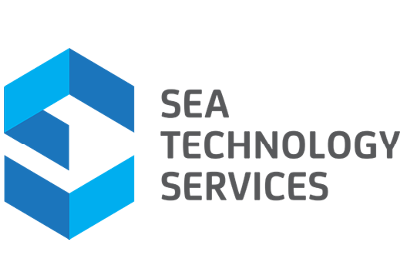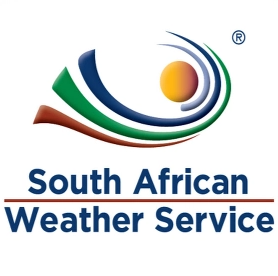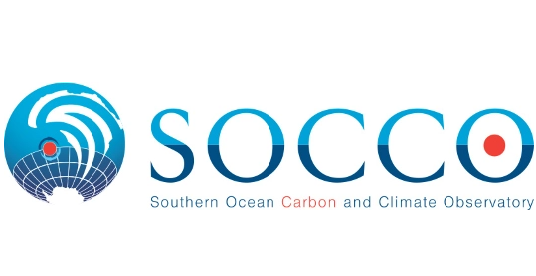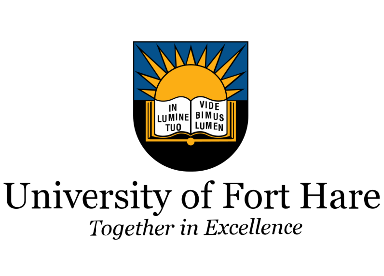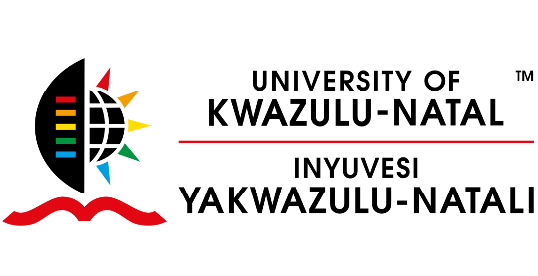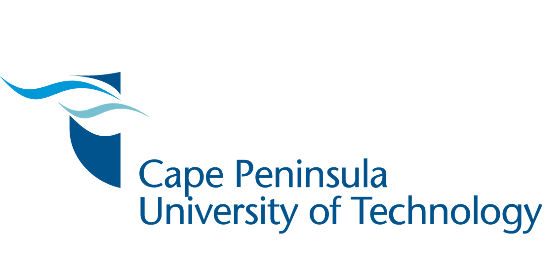



LTO-OCEAN
LONG-TERM OBSERVATIONS OF THE OCEAN INTEGRATED FACILITY (IF)
The LTO-Ocean Integrated Facility (IF) aims to ensure the continuity of the established long-term observation networks in the oceans surrounding South Africa, including the Southern Ocean, the South-West Indian Ocean and the South Atlantic Ocean.
In order to obtain the best scope of determined Essential Climate Variables (ECVs), LTO-Ocean will facilitate access to and develop a number of dedicated ocean platforms. These include variables related to the surface and subsurface ocean dynamics, ocean-atmosphere interactions and biogeochemical variables. It also covers biological aspects such as microbe, phytoplankton and zooplankton abundance and distribution, fish population and distribution, as well as genomics information within the domains of biology, biodiversity, and ecosystems.
Furthermore, LTO-Ocean aims to maintain scientific oceanographic equipment for collecting biological, biogeochemical, and physical data through shipboard sampling, autonomous instrumentation and moorings. The LTO-Ocean IF will also oversee the management of specialised equipment and skilled technicians for seafloor and deep-sea underwater research, and ocean mapping.
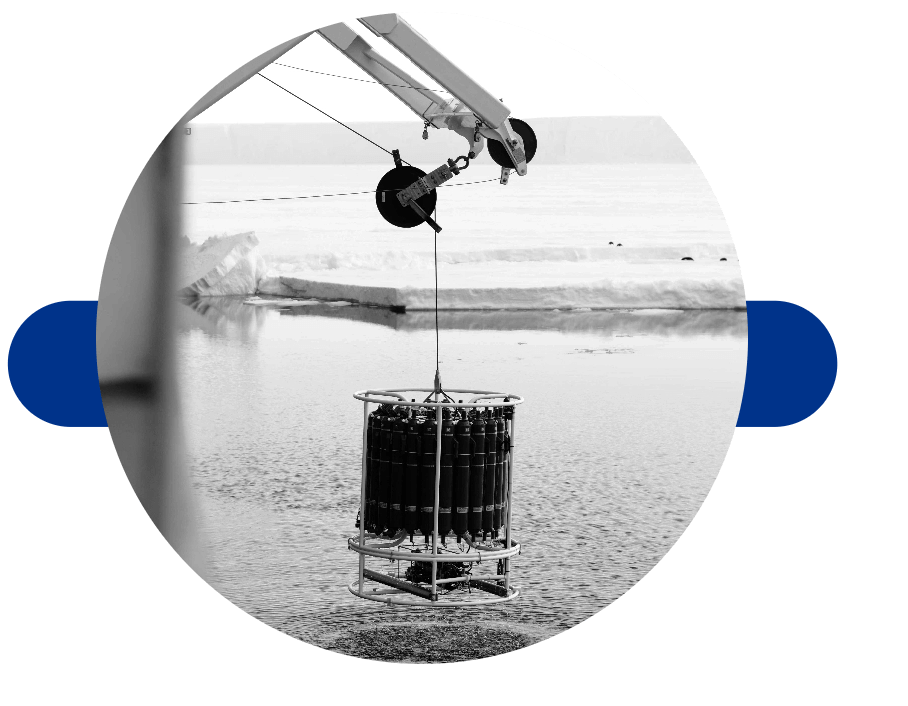
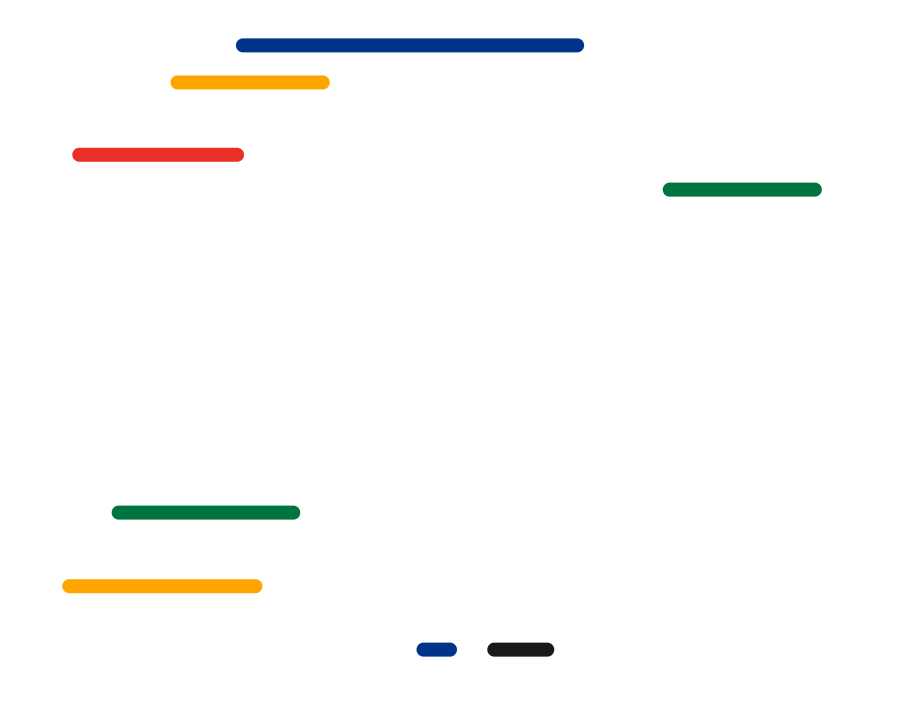

IMPACT OF LTO-OCEAN
The impact of LTO-Ocean would be the generation of valuable long-term datasets that can be used to better understand and address global challenges related to climate change, conservation, and sustainable development. These data will help scientists track trends in sea surface temperatures, ocean currents, sea-level rise, and ocean acidification, and are crucial for determining the effects of climate change on marine ecosystems and global climate patterns.
Ocean observations also help to improve weather forecasting accuracy. Meteorologists make use of accessible datasets such as sea surface temperatures, ocean currents, and atmospheric conditions over the ocean to forecast meteorological phenomena such as tropical cyclones, devastating storm surges and extreme waves with improved accuracy.
Our surrounding oceans are vital to the country’s economy, contributing to industries including shipping, fishing, aquaculture, tourism, and renewable energy. Long-term ocean observations help these industries in planning for potential disruptions, such as changes in ocean conditions or extreme weather events. They also provide insights into changes in phytoplankton and zooplankton populations, fish distribution, and the overall biodiversity of the ocean. These data is crucial for long-term fisheries management and conservation activities, addressing serious environmental and societal issues. They serve not only the scientific community, but also evidence-based decision-making and policy development on a national and international scale.
For more information on LTO-Ocean, refer to
Section 2.2.2 LTO-Ocean in the SAPRI Proposal (2021).
LTO-OCEAN INFRASTRUCTURE
SAPRI aims to promote the integration of existing infrastructures and to foster equipment and personnel sharing through the LTO-Ocean IF. SAPRI will enhance the science activities on the S.A. Agulhas II based on the existing infrastructure.
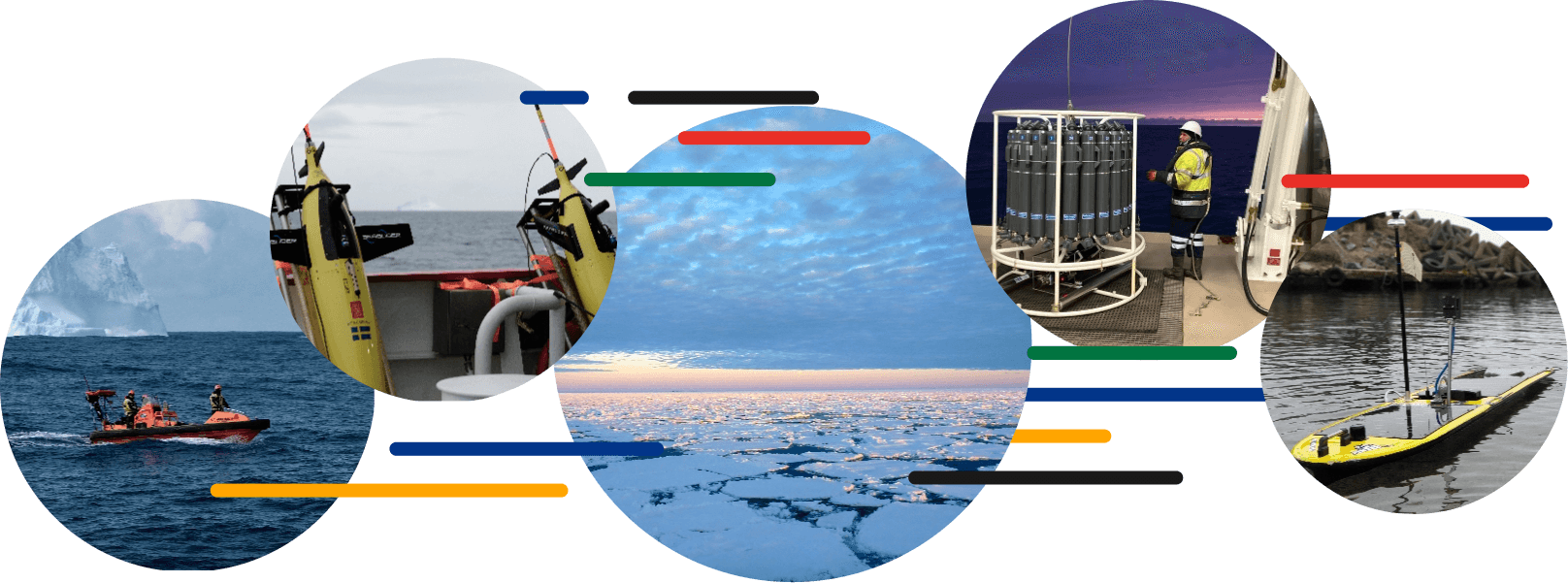
Ship-based
- Conductivity, Temperature and Depth (CTD) operations, undertaken to the full depth of the water column over the side of the vessel
- Underway equipment that continuously collects water samples during a voyage
- Hull-mounted instruments used to collect data of the ocean column and the seafloor
- Specialised container laboratories that are loaded onto the ship prior to the science voyages
- Various types and sizes of phyto- and zooplankton net systems. These are towed from a particular depth to the surface either vertically or obliquely
Autonomous Platforms
- Wave and buoyancy gliders, capable of undertaking very high-resolution scientific expeditions
- Argo floats
- Satellite tracked ocean and sea ice drifters
Mooring Platforms
- Subsurface moorings (ADCPs, Microcats, Acoustic Release, location beacons, buoys, passive acoustic listening stations)
Land-based Laboratories
- Dedicated RI for biogeochemistry (BIOGRIP)
Seafloor Observation Platforms
- The SAPRI seafloor observation platform is an innovative component of LTO-Ocean, derived from the combined expertise of SAEON and SAIAB in benthic research
- Multi-beam/side scan sonar installation on the S.A. Agulhas II
- Remotely Operated Vehicle (ROV)
- Deep-sea landers
- Camera-based systems
LTO-OCEAN RESEARCH AREAS
LTO-Ocean includes Essential Climate Variables (ECVs) listed under:
-
Ocean, ice physics and biogeochemistry
-
Microbe, phytoplankton and zooplankton biomass
-
Fish abundance and distribution and genomics listed under the biology, biodiversity and ecosystems essential variables
SAPRI LTO-Ocean will enable this research by integrating long-term observational networks to ensure sustainability and field equipment support for collecting the identified essential climate variables.
ESTABLISHED LTO-OCEAN NETWORKS
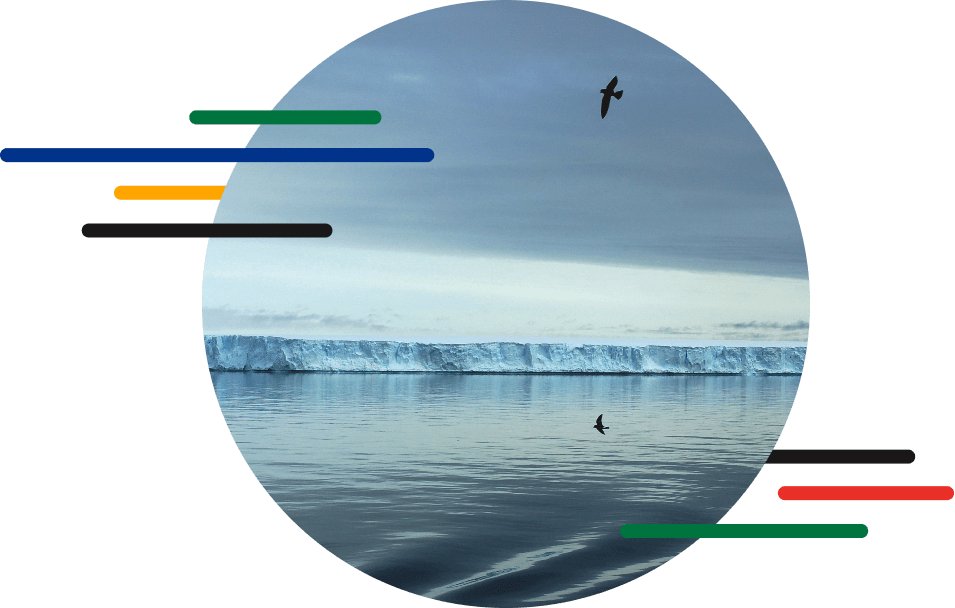
MEET THE LTO-OCEAN TEAM
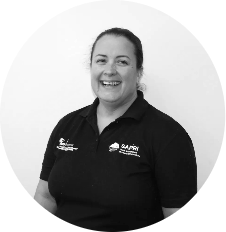


Jordan Van Stavel
LTO-Ocean Research Coordinator
NRF-SAEON (Egagasini Node)

CONSORTIUM PARTNERS & STAKEHOLDERS
Management and operations of the S.A. Agulhas II under direction of DFFE
Scientific research functions of the South African National Antarctic Programme (SANAP)
Funding agency responsible for grant making on behalf of the Department of Science and Innovation (DSI)
FEATURED NEWS
SAPRI Overwinterers Appointed
The South African Polar Research Infrastructure’s (SAPRI) first team of Marion Island overwinterers was appointed in March 2024. The team comprises marine mammal and seabird field researchers as part of the Marion Island Top Predator Long-Term Observations being run...
Job Advert: SAPRI Operations Officer
The South African Environmental Observation Network (SAEON), a research platform funded by the Department of Science and innovation (DSI) and managed by the National Research Foundation (NRF), requires the services of a suitably qualified individual to be responsible...
SAPRI Animal Telemetry and Bio-logging Workshop
We are excited to announce the upcoming Animal Telemetry and Bio-logging Workshop, organized by the South African Polar Research Infrastructure (SAPRI). This workshop aims to foster collaboration, knowledge exchange, and innovative approaches within the field of polar...

